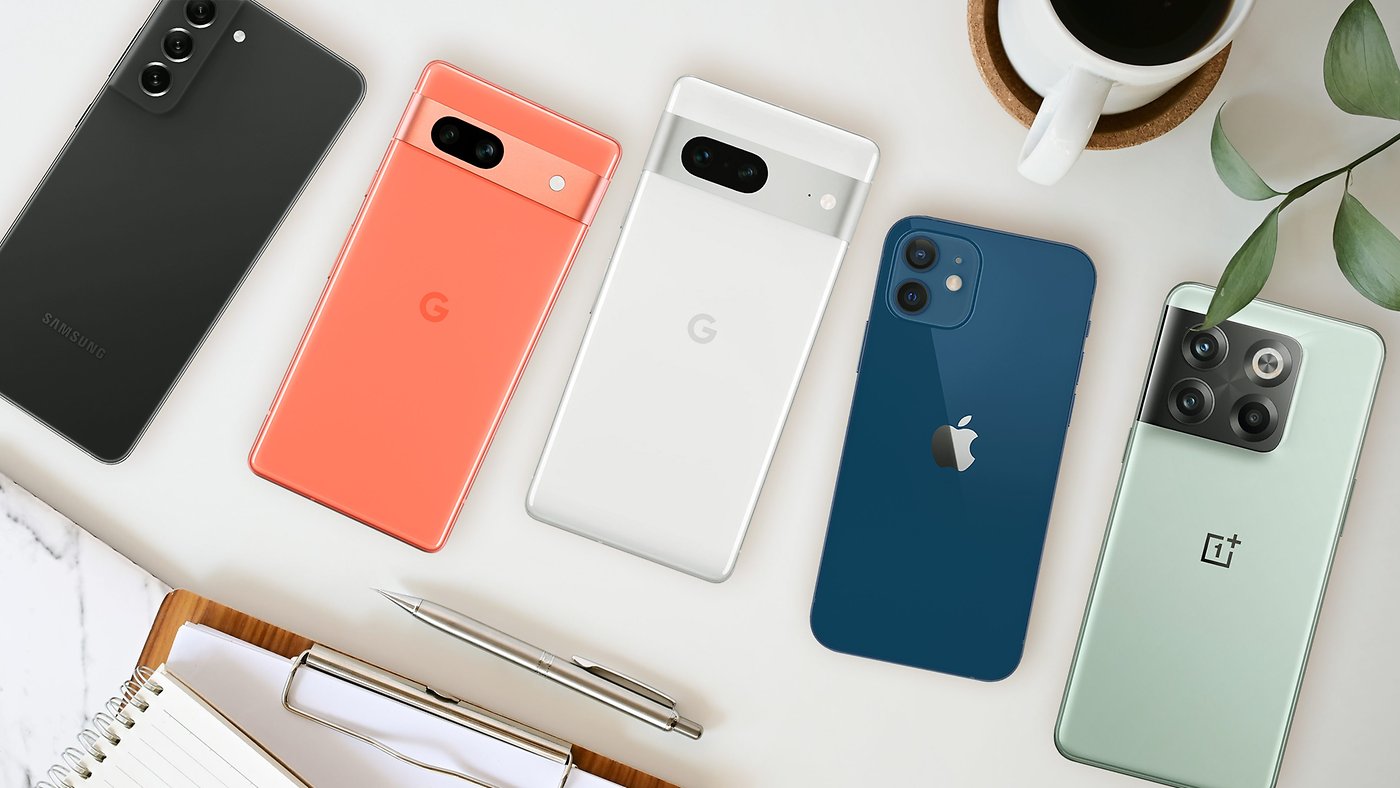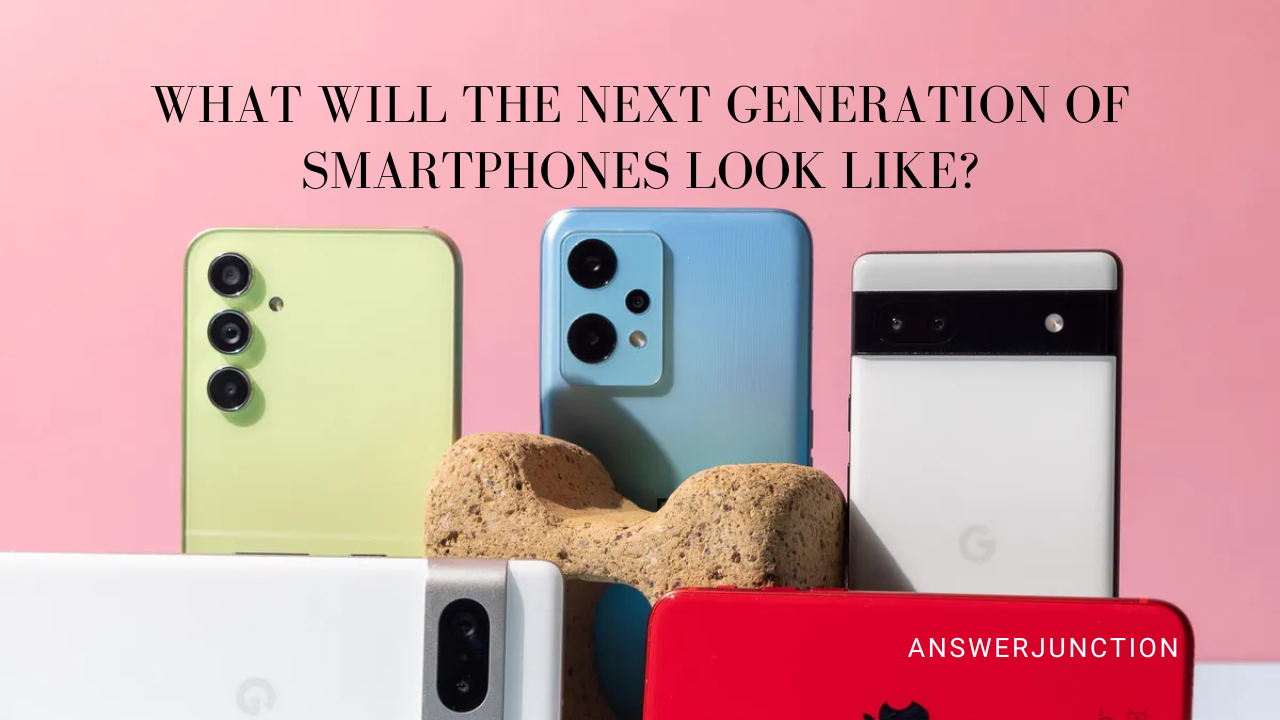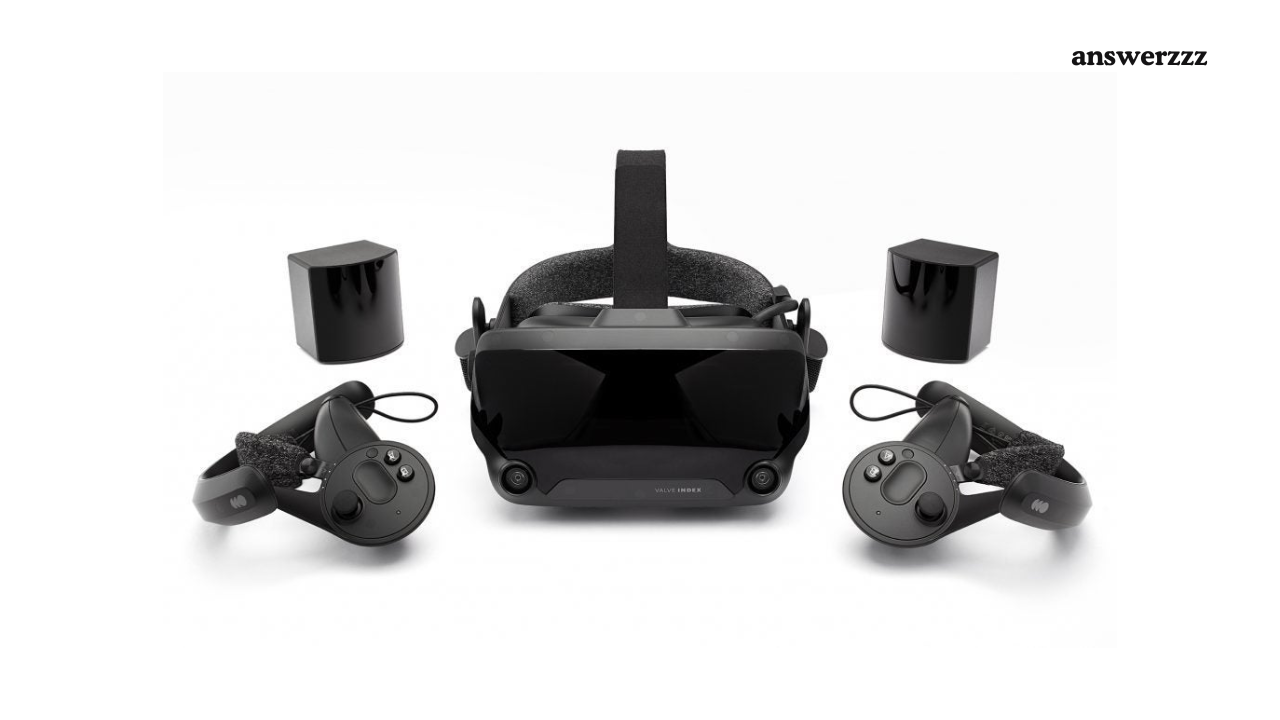As technology continues to advance at a breakneck pace, the future of smartphones is set to undergo a dramatic transformation. The next generation of smartphones will likely feature innovative designs, enhanced functionalities, and improved user experiences that cater to our evolving lifestyles. With the rapid integration of artificial intelligence (AI), augmented reality (AR), and 5G technology, smartphones are poised to become more than just communication devices; they will be central hubs for all aspects of our daily lives. This article explores the key trends and potential developments that will shape the smartphones of tomorrow.
Sleek and Sustainable Designs

One of the most noticeable changes in the next generation of smartphones will be in their design. Manufacturers are increasingly focusing on creating sleek, minimalist aesthetics while also prioritizing sustainability. Future smartphones are expected to be made from eco-friendly materials, such as biodegradable plastics, recycled metals, and sustainable glass. This shift not only addresses environmental concerns but also appeals to consumers who are becoming more environmentally conscious. Additionally, the introduction of foldable and rollable screens will allow for innovative designs that optimize portability without sacrificing screen size. Imagine a smartphone that can expand into a tablet when needed, providing a seamless transition between tasks.
Enhanced Display Technology
The display technology of future smartphones is set to advance significantly, offering users an immersive visual experience. OLED and microLED displays will become the standard, delivering vibrant colours, deeper blacks, and better energy efficiency. Moreover, with the advent of flexible displays, smartphones may feature screens that curve around the edges, providing a more immersive viewing experience. Higher refresh rates, possibly exceeding 120Hz, will ensure smoother scrolling and enhanced gaming experiences. Additionally, advancements in display technology may lead to transparent screens, allowing users to see through their devices while still enjoying high-resolution content.
Integration of Artificial Intelligence
Artificial intelligence will play a pivotal role in the next generation of smartphones, enhancing various aspects of user experience. AI-powered virtual assistants will become more sophisticated, and capable of understanding and anticipating user needs with remarkable accuracy. This could lead to personalized interfaces that adapt to individual preferences and habits, making smartphones more intuitive to use. AI will also improve photography capabilities by enabling features such as automatic scene recognition, enhanced low-light performance, and real-time image processing. As a result, users can expect professional-quality photos with minimal effort, transforming the way we capture and share moments.
Augmented and Virtual Reality Experiences
Augmented reality (AR) and virtual reality (VR) will increasingly become integrated into the smartphone experience. Future smartphones are likely to feature advanced AR capabilities, allowing users to overlay digital information onto the real world through their device’s camera. This could revolutionize industries such as education, retail, and entertainment, providing interactive and immersive experiences. For example, AR-enabled smartphones could facilitate virtual try-ons for clothing and accessories, enhancing the online shopping experience. Similarly, VR applications could transform gaming and social interactions, enabling users to connect in virtual environments from the comfort of their homes.
Enhanced Connectivity with 5G Technology
The rollout of 5G technology will be a game-changer for smartphones, offering lightning-fast internet speeds and improved connectivity. With 5G, users can expect seamless streaming of high-definition content, lag-free online gaming, and faster downloads of apps and files. This enhanced connectivity will also enable the proliferation of smart devices and the Internet of Things (IoT), allowing smartphones to serve as central control hubs for an array of connected devices in our homes. Imagine controlling everything from your thermostat to your security cameras through a single device, creating a more cohesive and efficient smart home experience.
Improved Battery Life and Charging Solutions
As smartphones become more advanced, power consumption is a critical concern. The next generation of smartphones will likely feature improved battery technology, such as solid-state batteries, which offer higher energy density and faster charging capabilities. These advancements will result in longer-lasting batteries that can fully charge in a fraction of the time required by current lithium-ion batteries. Additionally, the integration of energy-efficient components and AI-driven power management systems will optimize battery usage, extending the time between charges. Wireless charging will also evolve, with the potential for longer-range charging solutions, allowing users to power their devices simply by being in proximity to a charging pad.
Advanced Security Features
As smartphones become increasingly central to our lives, security will be a top priority for manufacturers. The next generation of smartphones will likely incorporate advanced biometric authentication methods, such as under-display fingerprint sensors and facial recognition technologies that utilize 3D mapping for greater accuracy and security. Moreover, the integration of blockchain technology could enhance data privacy and security, providing users with more control over their personal information. These innovations will ensure that users can confidently store sensitive data, conduct transactions, and communicate without the fear of breaches or unauthorized access.
Expanded Storage and Cloud Integration
As multimedia content continues to dominate our digital lives, storage capacity will be a crucial consideration for the next generation of smartphones. While some manufacturers may offer devices with significantly larger internal storage options, cloud integration will become increasingly essential. Future smartphones will likely come pre-loaded with seamless cloud storage solutions, allowing users to access their data and files from anywhere, while also freeing up space on their devices. This shift will facilitate better organization and accessibility, ensuring that users can store their photos, videos, and documents without the constant worry of running out of space.
Health and Wellness Monitoring
The next generation of smartphones will likely incorporate advanced health monitoring features, enabling users to track their fitness and overall well-being more effectively. Building on the capabilities of wearable devices, smartphones may integrate sensors that monitor vital signs, sleep patterns, and activity levels. These health features could be complemented by AI-driven applications that analyze user data and provide personalized recommendations for improving health and wellness. As consumers become more health-conscious, smartphones will play a pivotal role in facilitating healthier lifestyles and empowering individuals to take charge of their well-being.
Personalization and Customization
In an era where personalization is key, the next generation of smartphones will prioritize user customization. From user interfaces to hardware configurations, consumers will have greater control over how their devices function and look. Manufacturers may introduce modular designs that allow users to swap out components, such as camera modules or battery packs, to cater to their specific needs. This level of customization will not only enhance user satisfaction but also extend the lifespan of devices, reducing electronic waste and promoting sustainable practices.
The Future of Smartphones

The next generation of smartphones promises to be an exciting convergence of innovative design, cutting-edge technology, and enhanced user experience. As we move forward, smartphones will become more than mere communication tools; they will evolve into essential companions that support our daily lives, enhance our productivity, and enable us to connect with the world in new and meaningful ways. With advancements in AI, AR, 5G, and health monitoring, the smartphones of tomorrow will undoubtedly shape the way we live, work, and interact, making them indispensable in an increasingly digital age. As these technologies continue to develop, consumers can look forward to a future where their smartphones are smarter, more versatile, and deeply integrated into every facet of their lives.




